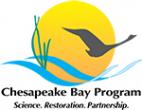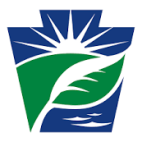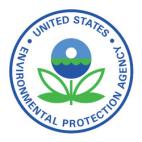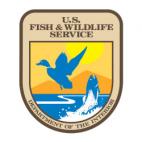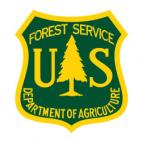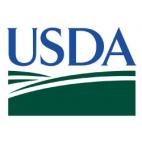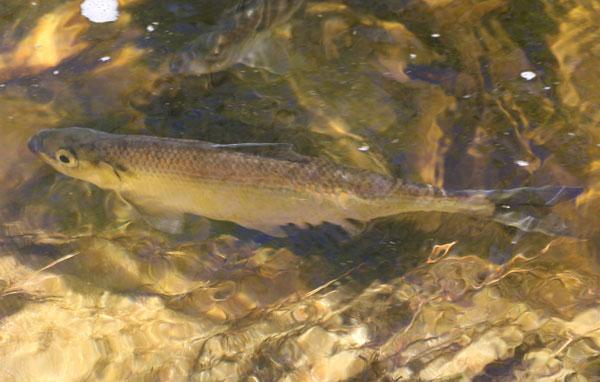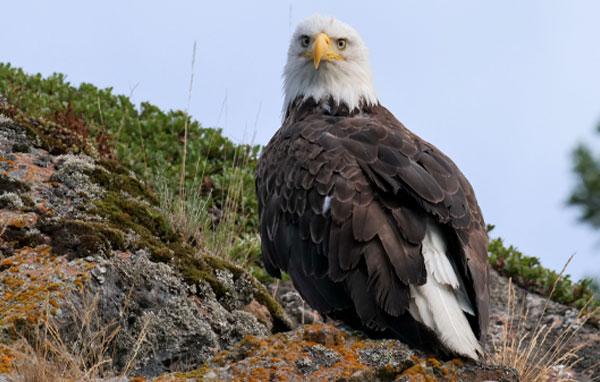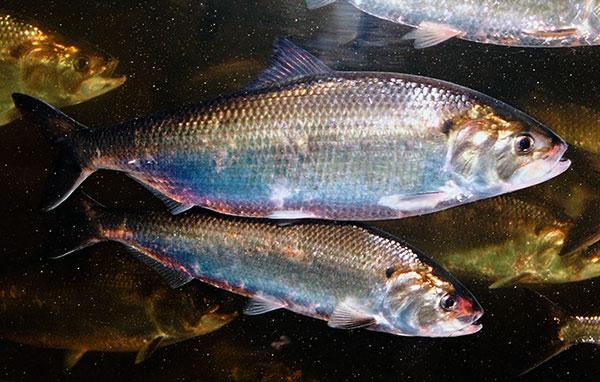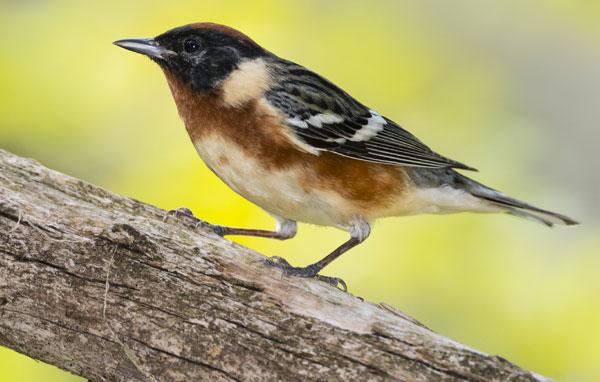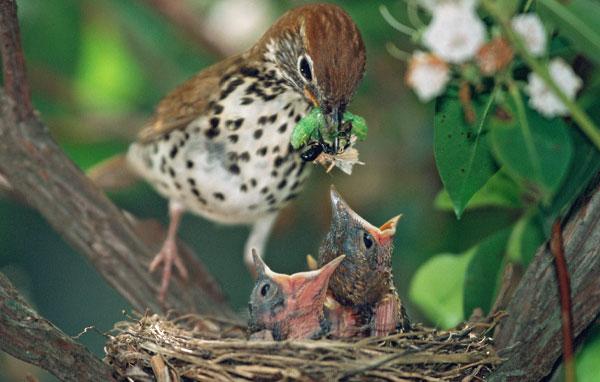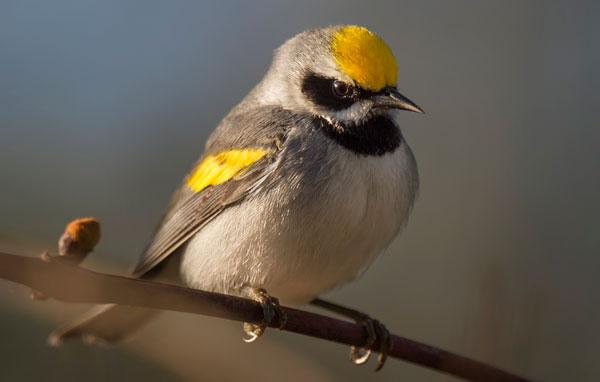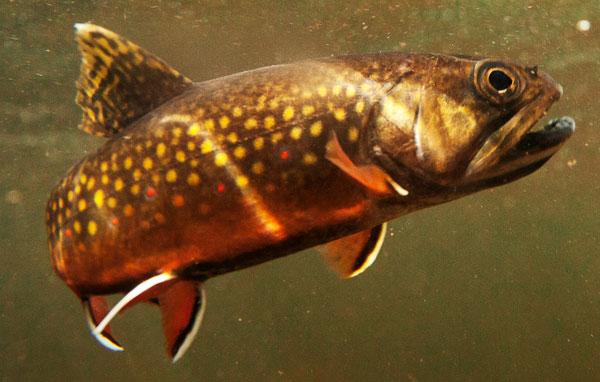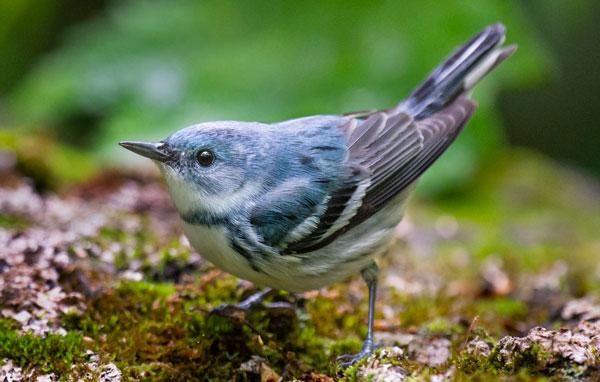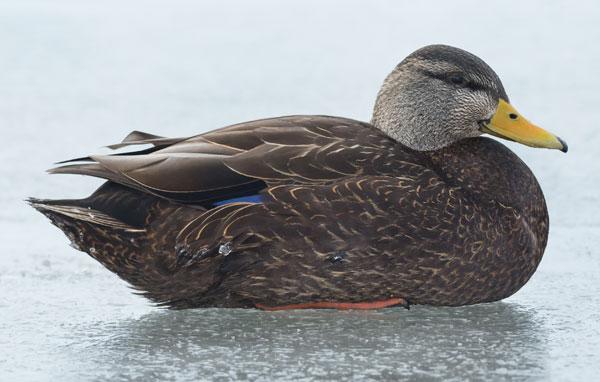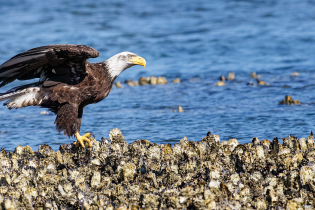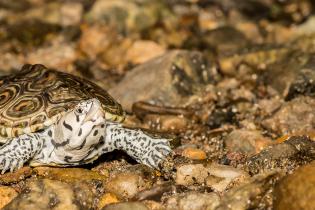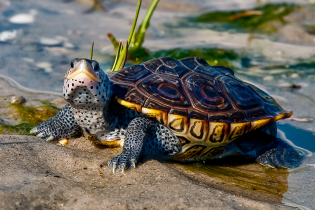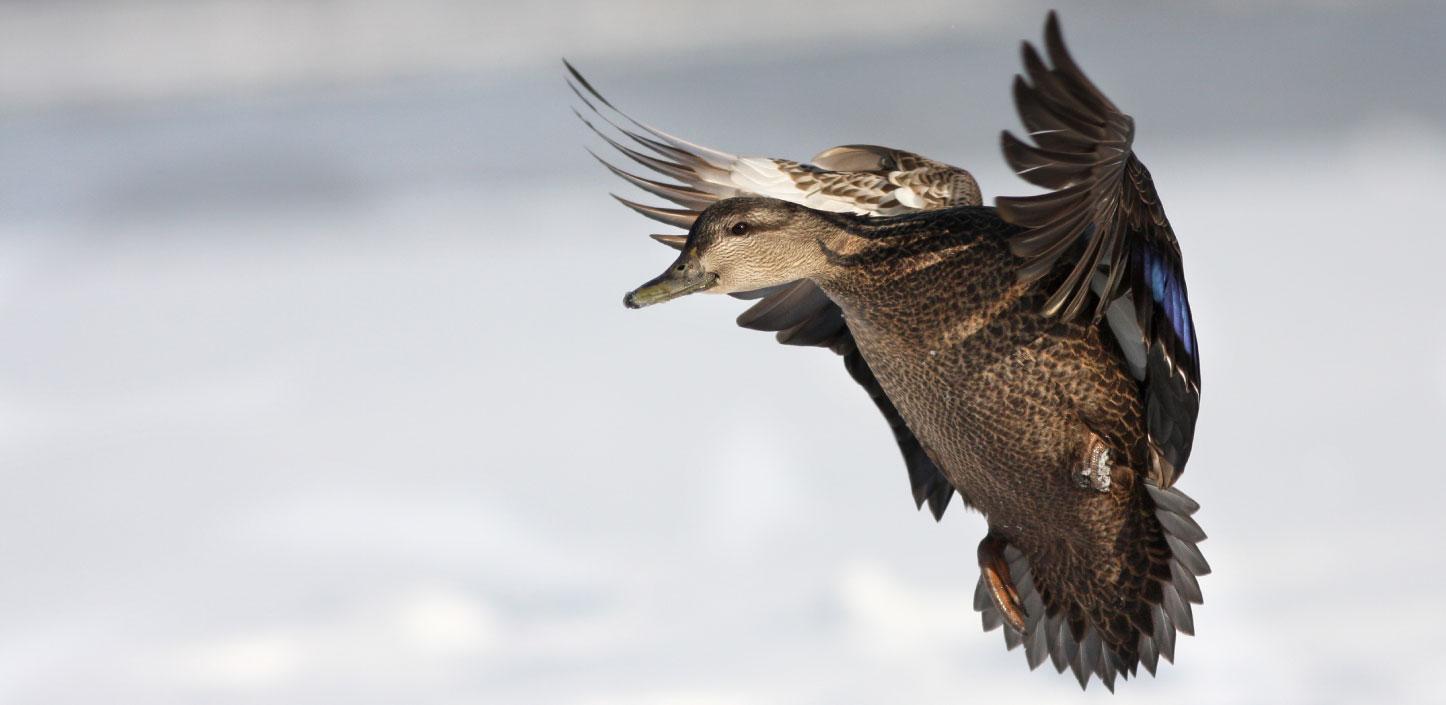
Chesapeake Bay Stewardship Fund
The National Fish and Wildlife Foundation's Chesapeake Bay Stewardship Fund is dedicated to protecting the bay by working to advance local on-the-ground watershed restoration, helping local communities clean up and restore their polluted rivers and streams, and restoring and protecting key Chesapeake Bay species.
Partners
Recognized as a “national treasure” for its historical, cultural, economic and ecological significance, the Chesapeake is the largest estuary in North America and one of the most productive in the world. Its watershed stretches across more than 64,000 square miles in the Mid-Atlantic United States covering areas of six states and the entirety of the District of Columbia.
Working in partnership with government agencies and private corporations, the Chesapeake Bay Stewardship Fund awards $40 million to $60 million per year through four competitive grant programs—the Innovative Nutrient and Sediment Reduction Grants Program, the Small Watershed Grants Program, the Chesapeake Watershed Investments for Landscape Defense (WILD) Grants Program, and the Pennsylvania Most Effective Basins Grants Program. These programs benefit the communities, farms, habitats and wildlife of the Chesapeake Bay region. The Chesapeake Bay Stewardship Fund also makes targeted investments that support networking and information-sharing among restoration partners on emerging technologies, successful restoration approaches, and new partnership opportunities.
From 1999 to 2022, the Chesapeake Bay Stewardship Fund awarded more than 1,350 grants totaling more than $248 million. These investments leveraged more than $351 million in local matching resources to support a wide range of conservation projects throughout the Bay basin. In total, these grants have:
- Reduced annual nitrogen pollution loading by an estimated 28 million pounds
- Reduced annual phosphorus loading by an estimated 5.4 million pounds
- Reduced annual sediment loading by an estimated 1.3 billion pounds
- Restored more than 3,700 miles of streams
- Treated stormwater runoff from 14,764 acres of impervious surfaces
- Reached an estimated 7.5 million residents through outreach efforts
- Restored more than 15,987 acres of wetlands and 2,443 miles of forested riparian buffers
- Installed more than 2,175 miles of livestock exclusion stream fencing
- Reconnected more than 581 miles of rivers and streams for fish passage
- Established 396 acres of oyster reefs
- Protected 171,291 acres of forests
NFWF’s role in the Chesapeake began in 1999 when it was competitively selected to administer the EPA’s newly authorized (at the time) Small Watershed Grants program. Since then, NFWF has secured additional competitively awarded EPA funding, and U.S. Fish and Wildlife Service Funding to expand its work advancing watershed restoration efforts.
Application Information
| Chesapeake Bay Small Watershed Grants 2026 Request for Proposals | View Now | |
| Chesapeake Watershed Investments for Landscape Defense (WILD) Grants 2026 Request for Proposals | View Now | |
| Chesapeake Bay Innovative Nutrient and Sediment Reduction Grants 2026 Request for Pre-Proposals - CLOSED | View Now | |
| Past Applicant Webinars | View Now |
| Chesapeake Bay Business Plan | Download the PDF | |
| Program Fact Sheet | Download the PDF | |
| 2025 SWG Grant Slate | Download the PDF | |
| 2025 INSR Grant Slate | Download the PDF | |
| 2025 Chesapeake WILD Grant Slate | Download the PDF | |
| 2024 INSR Grant Slate | Download the PDF | |
| INSR 2023 Grant Slate | Download the PDF | |
| 2023 SWG Grant Slate | Download the PDF | |
| Chesapeake Bay 2022 Program Report | Download the PDF | |
| Chesapeake Bay 2021 Program Report | Download the PDF | |
| Chesapeake Bay 2020 Program Report | Download the PDF |
Program Director, Chesapeake Programs
Program Manager
Program Manager

